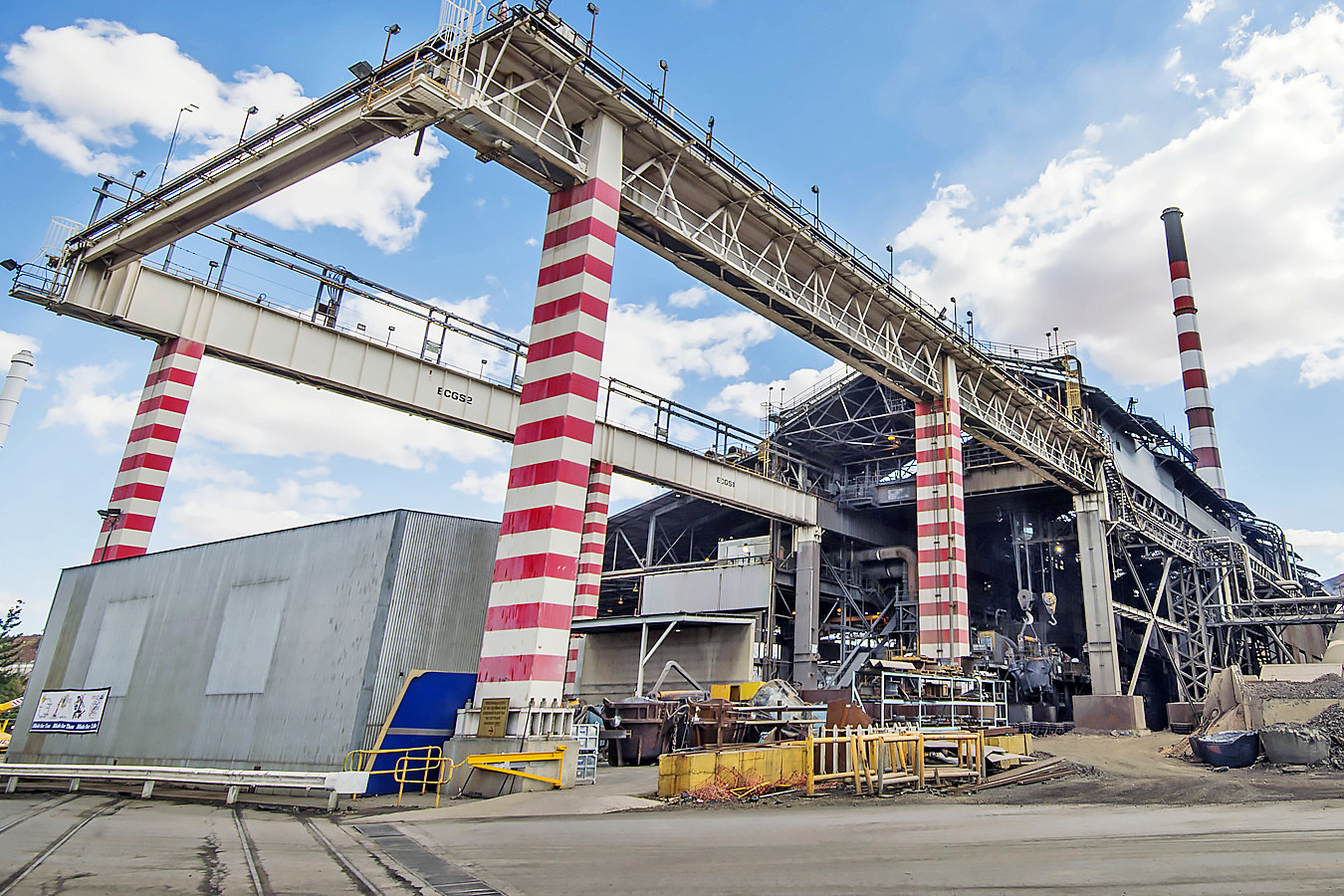General News
9 July, 2025
OPINION: Smelter a national asset that must be protected
Dr John Coyne from the Australian Strategic Policy Institute pens his thoughts on the smelter situation.

In the words of Billie Eilish, ‘I’m in love with my future… can’t wait to meet her.’
But for Mount Isa and Australia, that future is being quietly dismantled.
The closure of Glencore’s copper mine and the uncertain future of the Queensland town’s smelter isn’t just a regional economic story.
It’s a national strategic failure unfolding in real-time.
Mount Isa’s red-and-white copper stack has stood for more than 60 years as a symbol of industrial purpose in northern Australia.
The [copper] mine it services is scheduled to close in 2025, resulting in the loss of more than 1200 direct jobs.
The economic fallout extends much further. Across Queensland’s north-west, up to 3000 jobs are tied to the industrial complex and its supply chain.
The smelter, which Glencore had agreed to keep open until 2030, is now the focus of growing uncertainty. It’s one of only two operating in Australia. Without it, regional copper mines, some in Queensland and others in South Australia, will face new commercial hurdles.
Many are already operating on tight margins. Without access to local smelting, transport and processing costs will increase, threatening their viability and accelerating the decline of Australia’s domestic metals processing sector.
This isn’t a case for writing Glencore a blank cheque.
It’s a case for securing the critical industrial infrastructure necessary to sustain long-term economic growth and national sovereignty.
The copper mine is nearing the end of its life. That’s a commercial reality. But the smelter remains a national asset.
Governments aren’t required to underwrite corporate profit, but they do have a responsibility to protect strategic capability.
Critics in the free-market camp will argue that the economics speak for themselves.
They are wrong.
In the era of energy transition and geoeconomic competition, the global copper market isn’t free in any meaningful sense.
China has already moved to control strategic supply chains through state-owned investment, subsidised infrastructure and long-term off-take agreements.
The United States and Europe are now following suit, treating critical minerals such as copper as elements of national security, not just trade.
Australia’s failure to think strategically puts its long-term prosperity at risk.
Copper demand is expected to double over the next decade.
Domestic ore bodies still hold value.
New projects in the region have the potential to replace Mount Isa’s production, but they’re years from development.
Without the smelter in operation, those projects will stall before they start. The risk is that the skilled workforce disperses, regional capacity erodes, and the opportunity is lost.
The closure of the mine should have triggered a national response to protect the viability of the smelter and support transition pathways for new projects.
Instead, policy paralysis and jurisdictional fragmentation have taken hold.
Federal, state and local efforts remain disconnected.
Investment programs and regulatory support are lagging. In the absence of coordination, strategic infrastructure is being left to wither.
Mount Isa has long been a foundation of Australia’s mining economy and regional industry base. It now sits on the edge of a strategic cliff.
The copper is still in the ground.
The smelter still functions.
The workforce still exists.
What is needed now is coordinated national leadership to transform vulnerability into resilience and opportunity into a lasting national advantage.
Dr John Coyne is the head of the Northern Australia Strategic Policy Centre at the Australian Strategic Policy Institute in Canberra.